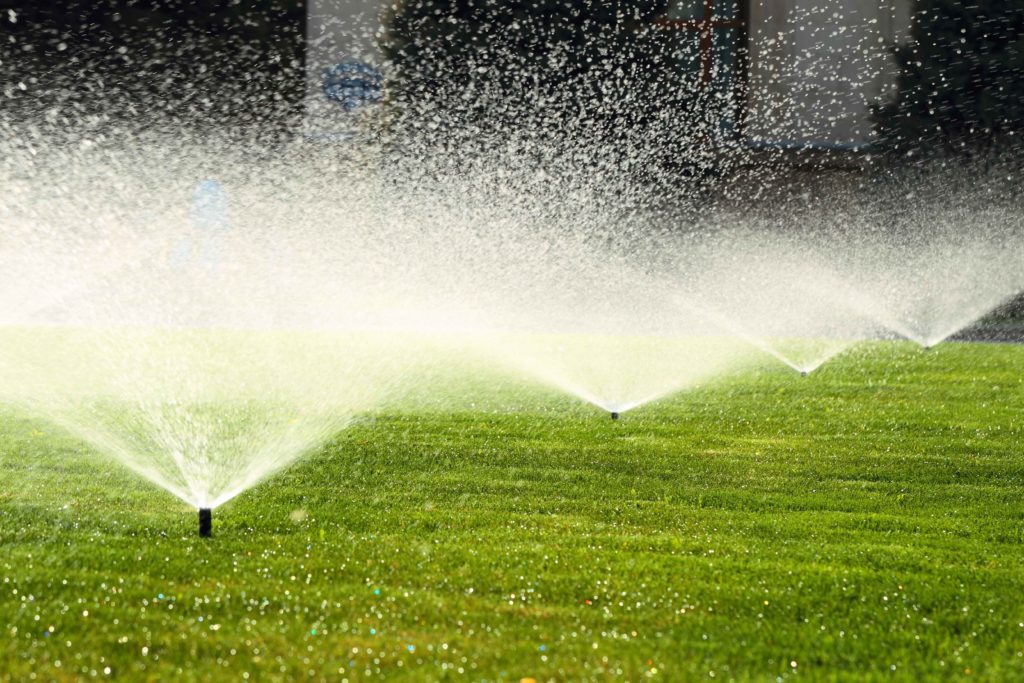 The Massachusetts Water Resources Commission approved the final version of MassDEP’s Water Management Act regulations that requires 63 public water suppliers and 87 golf courses to enact water restrictions during a declared drought. These so-called “registered” withdrawals were grandfathered and not subject to any equirement to enact any water conservation measures. Locally on the South Shore, the only registered withdrawal that we know of that will be impacted is the Weir River Water supply in Hingham, Hull, and North Cohasset.
The Massachusetts Water Resources Commission approved the final version of MassDEP’s Water Management Act regulations that requires 63 public water suppliers and 87 golf courses to enact water restrictions during a declared drought. These so-called “registered” withdrawals were grandfathered and not subject to any equirement to enact any water conservation measures. Locally on the South Shore, the only registered withdrawal that we know of that will be impacted is the Weir River Water supply in Hingham, Hull, and North Cohasset.
The NSRWA has been supportive of these regulation changes and as NSRWA Executive Director Samantha Woods, who sits on the State’s Water Resources Commission said “It is just common sense to enact outdoor water restrictions during a drought, particularly now that we are seeing increasingly intense droughts in the summer months due to climate change. What is most difficult to understand is why it took so long to pass these common-sense standards and why still the Massachusetts Water Resources Authority (MWRA) and other large reservoir systems will continue to be exempted from these new regulations. I believe the resistance to conditioning these registered volumes is in part due to the reliance on the revenues generated by the sale of water for outdoor watering. During this past 2022 drought, homes that used MWRA water had no restrictions on outdoor watering leaving many driving through their towns to wonder if there was a drought at all. It sends the wrong message.”
The Massachusetts Water Management Act (WMA) was passed in 1986 in order to comprehensively manage water withdrawals throughout the Commonwealth to ensure an appropriate balance among competing water needs and the preservation of water resources. The WMA regulates withdrawals through registrations and permits. The registrations are the water withdrawal volumes that were being withdrawn when the act passed in 1986, only new withdrawals over 100,000 gpd since the passage of the WMA were permitted and conditioned to protect our rivers and watersheds.
The Department of Enviromental Protection is amending the WMA regulations to include a new condition on registrations that would restrict nonessential outdoor water use by registrants during times of drought declared by the Secretary of Energy and Environmental Affairs.
 Nonessential outdoor water use is primarily lawn watering, filling swimming pools, washing cars by means of a hose, and washing down buildings, parking lots, driveways and sidewalks. Essential water uses would be exempt from the restrictions. Essential uses would include uses for health and safety purposes, the core function of a business, food and fiber production, including vegetable gardens, watering livestock, and water use required by a statute or regulations.
Nonessential outdoor water use is primarily lawn watering, filling swimming pools, washing cars by means of a hose, and washing down buildings, parking lots, driveways and sidewalks. Essential water uses would be exempt from the restrictions. Essential uses would include uses for health and safety purposes, the core function of a business, food and fiber production, including vegetable gardens, watering livestock, and water use required by a statute or regulations.
Registrants will have 2 years to adjust to the new requirements; some may need to change local bylaws, or local drought management plans. MassDEP will be providing education and working with registrants during that period.

